Description
Black pepper (Piper nigrum) is a commonly used spice and herb that is native to India and other parts of Asia. It has been used for centuries in Ayurvedic and other traditional medicines for its potential health benefits. Here are some key pieces of information about black pepper:
- Active compounds: Black pepper contains a number of active compounds, including piperine, which is responsible for its pungent flavor and many of its potential health benefits. Piperine has been shown to have anti-inflammatory, antioxidant, and anticancer properties.
- Digestive health: Black pepper is traditionally used in Ayurvedic medicine to support digestive health. It may help improve digestion, increase nutrient absorption, and stimulate the release of digestive enzymes.
- Respiratory health: Black pepper may also be helpful for respiratory health. It is believed to have mucolytic properties, which means it may help break up mucus and phlegm in the respiratory tract, making it easier to breathe.
- Anti-inflammatory: Piperine, the active compound in black pepper, has been shown to have anti-inflammatory properties. It may help reduce inflammation in the body, which is associated with a number of chronic health conditions.
- Antioxidant: Black pepper is also a good source of antioxidants, which help protect the body against damage from harmful molecules called free radicals.
- Skin health: Black pepper has been used in Ayurvedic medicine for its potential skin benefits. It may help improve skin texture and tone, reduce inflammation and redness, and even help with acne.
- Weight loss: Some studies have suggested that black pepper may be helpful for weight loss. Piperine may help increase metabolism and reduce fat accumulation in the body.
- Pain relief: Piperine in black pepper may have pain-relieving properties. It has been shown to help reduce pain levels in people with arthritis, and may also help reduce headaches and other types of pain.
- Cognitive function: Black pepper may also have benefits for cognitive function. Piperine has been shown to help improve memory and attention in some studies.
- Blood sugar regulation: Some studies have suggested that black pepper may help regulate blood sugar levels. Piperine may help increase insulin sensitivity and reduce blood sugar spikes after meals.
- Heart health: Black pepper may also be beneficial for heart health. It has been shown to help reduce cholesterol levels and triglycerides, which are risk factors for heart disease.
- Anti-bacterial and anti-fungal: Black pepper has been traditionally used for its anti-bacterial and anti-fungal properties. Piperine has been shown to help inhibit the growth of certain bacteria and fungi.
- Nutrient absorption: Piperine may also help improve nutrient absorption from food. It has been shown to increase the bioavailability of nutrients like vitamin C, beta-carotene, and selenium.
- Ayurvedic medicine: Black pepper is an important herb in Ayurvedic medicine, where it is often used in combination with other herbs for various health conditions. It is believed to help balance the doshas (energies) in the body and support overall health and well-being.
Overall, black pepper is a versatile herb that may offer a number of potential health benefits. It can be used in cooking, taken as a supplement, or used topically for skin health. As with any herbal remedy, it is important to consult with a qualified healthcare practitioner before using black pepper for medicinal purposes.



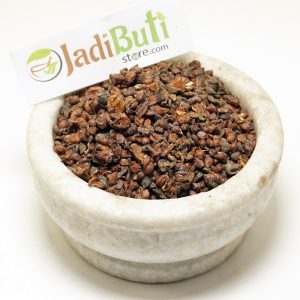
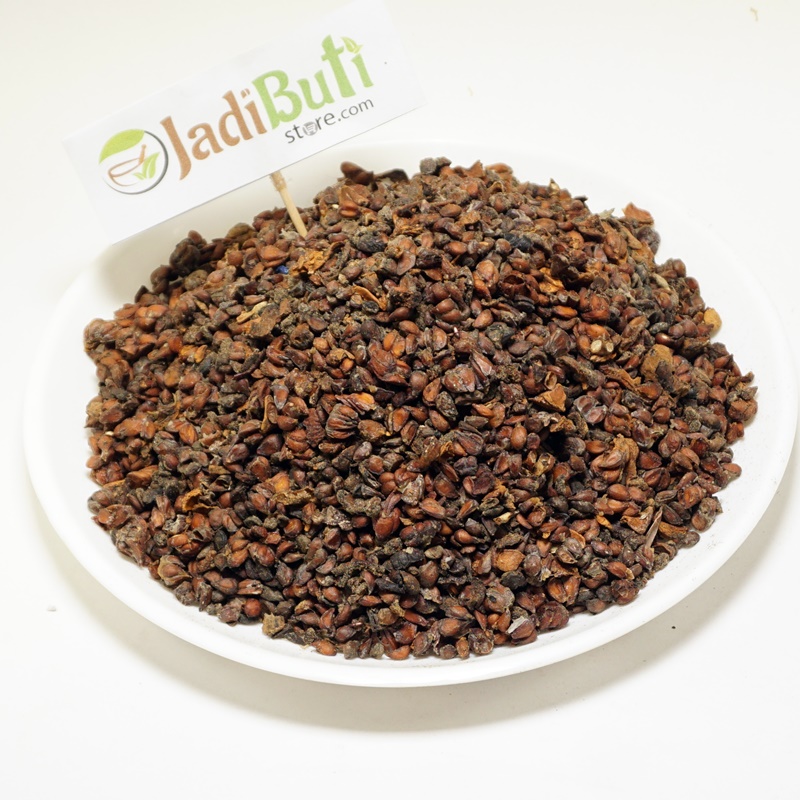


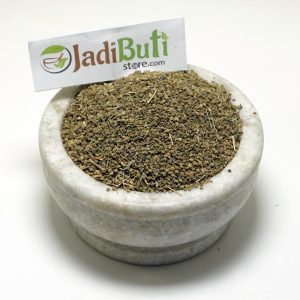

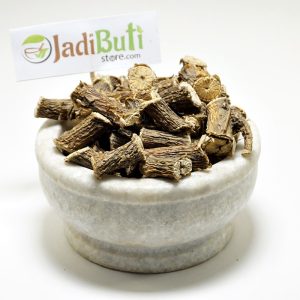


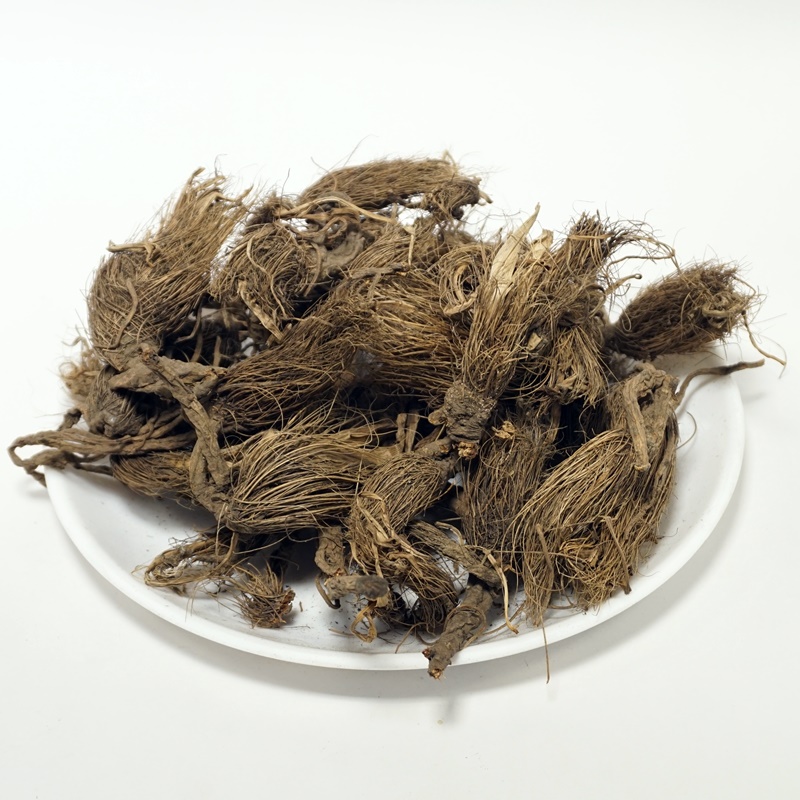
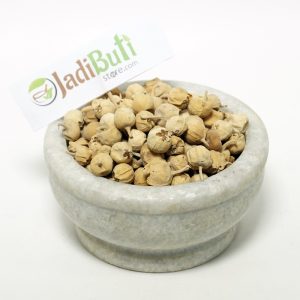
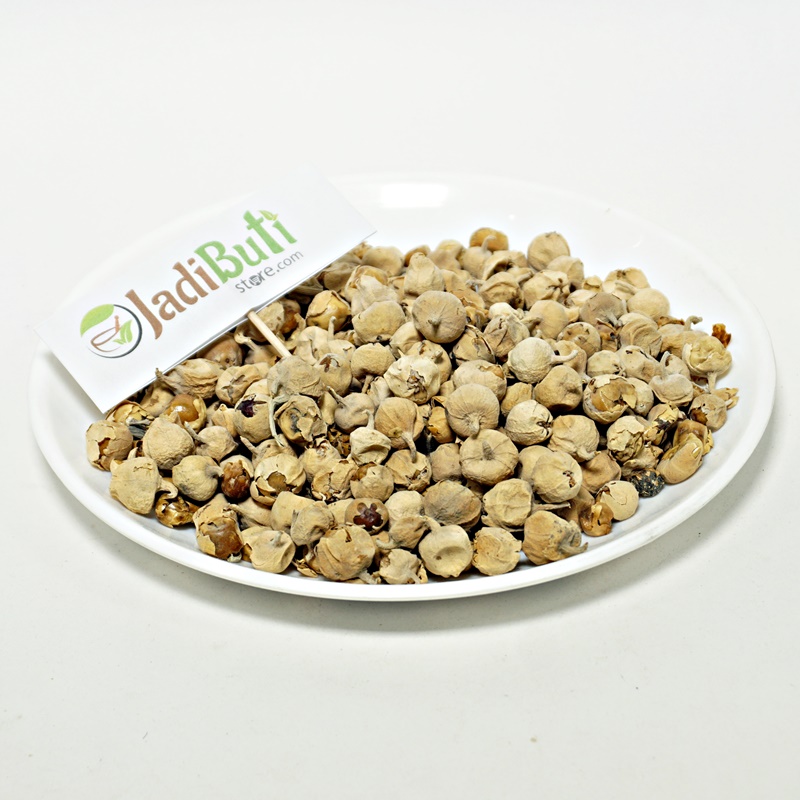
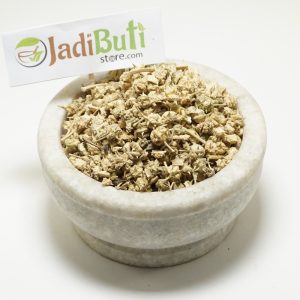
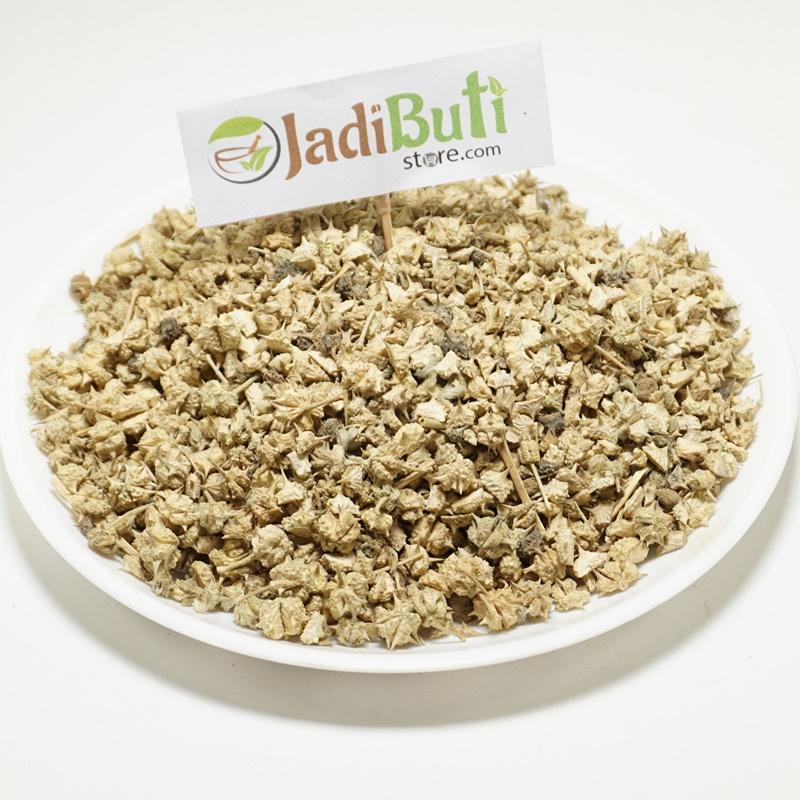

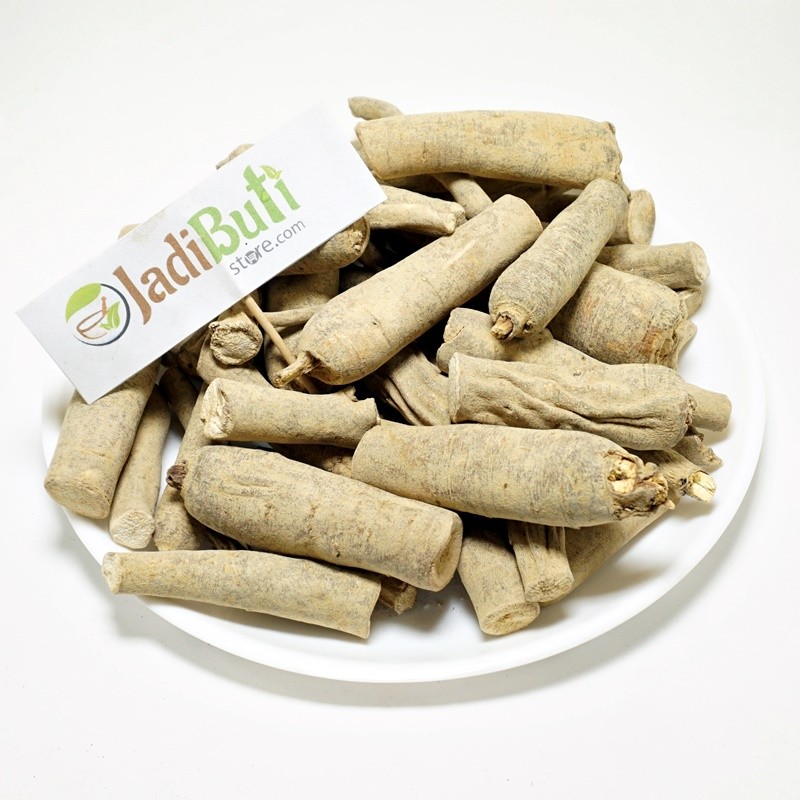
Reviews
There are no reviews yet.